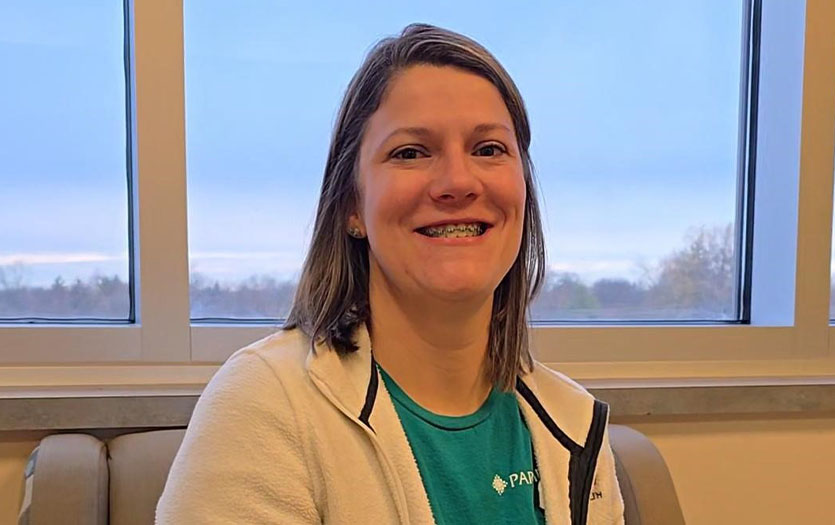
This post was written by Jon Swanson, PhD, chaplain, Parkview Health.
Jeremy asked me the other day whether he should visit an old friend. The friend is sick and, as it turns out, might be dying.
Jeremy and his friend haven’t had much contact in recent years. They worked together nearly a decade ago and shared a mutual respect. They are in a profession with the kind of risk that teaches you to trust each other.
And then, for a few years, they didn’t connect much. And now the friend isn’t well, and it sounds serious.
I understand the question. I’m an introvert. I don’t seek out conversations, at least not in person. I often assume that people would rather not hear from me in unsolicited, in-person ways.
In Jeremy’s question, I hear the fear of being judged. “Where have you been all this time?” he imagines the person saying. “You show up when I’m sick. Where were you when I was well?”
But what if we considered a different question: What’s the worst that can happen?
Because I visit a hospital Emergency Department regularly, I don’t work hard to find answers about the worst things that happen. I can imagine Jeremy (or me) thinking, “If I show up after all these years, they might get mad at me and then I’ll be embarrassed and it will be awful and they will be aggravated in their last days and I’ll be shamed.”
But there is another way to approach the question, “What’s the worst that could happen?” We can be honest about what’s likely to happen. We can reach out to the friend or the friend’s family and say, “Is it okay to visit?” If the answer is no, we tried. If the answer is yes, we go.
The worst that could happen isn’t very bad at all. And the best is that a person knows, amid pain, that they weren’t forgotten.
Navigating the visit
Often, our fear about visiting a sick loved one centers around anticipation. We lack a plan or experience in these situations and assume it will be terrible. To alleviate this fear, here are some suggestions for making the most out of a visit with someone who is seriously ill:
- Ask in advance rather than simply dropping in.
- Don’t overstay.
- Be willing to take turns and let others have private conversations.
- Don’t force (or shy away from) conversations about the illness.
- Don’t expect big speeches or other things you’ve seen in movies. An ordinary conversation may have extraordinary meaning.
- Don’t stare at the person’s wounds or screens and machines in the room.
- Don’t expect to be entertained or to be regarded as a hero for making the time in your busy schedule.
- Don’t ask whether they’ve tried everything, including the thing you read about on the internet last week that “doctors don’t know about but will fix everything.”
- If you decide to take a gift, ensure it’s not a burden. Flowers and balloons may not be allowed in the hospital room. A gas card (for travel back and forth), a hotel card (to help out-of-town guests) or a delivery of desserts for the nurses may be helpful.
- Remind the patient and the family of the nature of your connection. Sometimes people who are sick don’t remember things. And if the person is struggling with memory loss, don’t make them feel bad about forgetting. “Of course you remember me,” may be discouraging.
- Be willing to be quiet and listen.
- Don’t think in terms of “last visit” and “saying goodbye.” Think in terms of “good visits” and “It’s nice to see you.
- Let them know you care about them.
- Respect the hospital staff and the hospital policies.
While visiting someone you care about who isn’t doing well can be difficult, I encourage you to try it. You might be surprised to learn that the experience helps you as much as it does your loved one.



